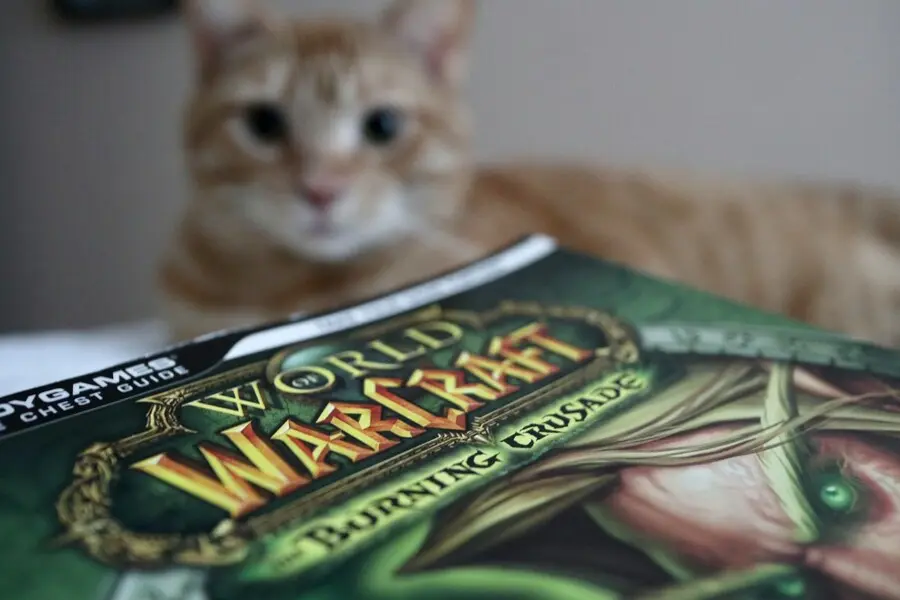Quick…what song won an Academy Award for best Song of the Year in 1959?
If you know that piece of trivia, congratulations! It was the song, High Hopes in the movie, Hole in the Head (not the most famous movie, I admit). The song became more poplar after Frank Sinatra recorded it in 1961.
In the wake of today’s turbulence, the lyrics seem banal:
Next time you’re found, with your chin on the ground,
There a lot to be learned, so look a – round.
Just what makes that little old ant
Think he’ll move that rubber tree plant?
Anyone knows an ant can’t move a rubber tree plant,
But he’s got high hopes, he’s got high hopes…
And ant probably can’t move a rubber tree plant by itself, but if it kept hopeful enough, it’s probability of success increases, because with a hopeful attitude, inspiration has a place to strike. And with hope, resiliency reigns. Without it, despair can paralyze and slow down effective solutions to a standstill.
High hopes may seem like a myth when we look around today at all the suffering, de-fragmentation, unhappiness, and outright fear, terror, and paranoia. Yet, brain research continues to amass data that hopeful people are more effective problem solvers. What’s more, it is very clear that what we pay attention to grows. And conversely, what we fail to give our attention to, shrinks. If we focus on our hope, our hope grows. If we are awash in despair…well, that, of course, washes out our hope.
Are we seeing our son’s strengths or are we overwhelmed by his lack of motivation? If we don’t pay attention to his strengths, those surely won’t grow and the “problem” of motivation will surely increase. Are we noticing our daughter’s thoughtfulness or do we always comment on her grumpiness? That’s the way to make the grumpiness grow. The human brain isn’t a whimsical device that acts randomly. No, it acts according to a finely-tuned set of principles. And one of those major principles is that the focus of our attention span, to a large degree, creates the reality we experience. This is not New Age mumbo jumbo, although new-agers have capitalized on this fascinating aspect of our brain’s operating system. There has been much academic research on the subject. In fact, Appreciative Inquiry, one of the cornerstones of the PCI coaching model is a process methodology that stems from this research. Appreciative Inquiry itself has been researched to work powerfully because it applies strategies with the human brain’s propensities in mind.
The fact is hope will increase, if we pay attention to hopeful occurrences. Pretty soon, there are more hopeful things to talk about and our talk is filled with more hope. With more hope in front of us, we spot it in others and in our world more often and more quickly. Before we know it, the negative things are shrinking from lack of attention and the positives have increased-almost as if by magic! Of course, then we become more hopeful…the upward spiral continues…more good things happen.
Our world challenges us greatly to shift our attention to the hopeful, to what brings and enhances life. And I believe it affects our parenting profoundly. How can we stay focused on hope, on the positive, and on what is working in our daily lives with our children?
Here are five considerations for hopeful parenting in troubling times.
In his research, CR Synder (The Psychology of Hope, The Free Press, 1994) found these important indicators:
1. Hopeful parents know how to get what they want. They are determined and enjoy being enterprising and flexible, especially during difficult times. Determination can be found in having a clear vision of what we want for our children and our families. Determination means having the mental energy and the physical stamina to stay with a challenge long enough for an effective solution to transpire. If we give up, we can be sure to be defeated. Your self-care goes a long way to helping you stay determined when the going gets rough. Pay attention to the signs of when you feel like giving up. Instead think of what you can give to yourself and to your children that will focus on your internal strengths and enhance your perseverance.
2. Hopeful parents listen well. Listening and paying close attention to our children’s strengths increases our flexibility to change courses if our parenting strategy is not getting the results that we seek. Often we can learn from our kids what is needed once we follow our instincts and answer this question from our integrity: What will bring more life to this situation? As we observe our children from this perspective, we may find ourselves suddenly noticing lots of things that we can do to give them a sense of accomplishment, so they appreciate their talents in the moment and look forward to their future with hope.
3. The children view hopeful parents as successful. It seems that hopeful parents demonstrate their autonomy by feeling successful. This definition of success is not the definition that seems to be the one our world cares about-big house, big car, lots of money, etc. Rather success is measured as “Having a high self-esteem and positive images of themselves.” This affects children on many levels-positive parents with high self-esteem grow hopeful, happy, and confident children with high self-esteem!
4. Hopeful parents comfort well. When things get worrisome or really tough, hopeful parents comfort the children and act in supportive ways during high-stress situations. Being there emotionally is a characteristic of parents who are more hopeful. They do not let negative energies affect their ability to be present and available to their children. They are able to keep negativity at bay so that the children don’t translate it as: “There’s no time for me.” Parents laden with anxiety cannot be receptive to children’s emotional needs. Hopeful parents instill trust and openness in the parent-child communication process, keeping those doors open, even during adolescence!
5. Hopeful parents support children’s autonomy and competence. This does not mean anything goes. What is does mean is that by focusing on what the child does well every day, over time, the parent builds a strong sense of self in the child. With that comes the conviction in the child of his/her talents and skills. In the words of one of the children in Synder’s research: “The biggest thing I remember about my parents is that they taught me to do things for myself. But, I always knew they were there for me if I got in a jam…If I did foul up something, they would talk with me and not at me.”
It seems that the bottom-line for high-hopes parenting is that it can help keep us our best selves, even during difficult times, and bring out the best in our children.
Then anything is possible… for us, our children…even our world.
Copyright Gloria DeGaetano, 2010. All Rights Reserved.
Source by Gloria DeGaetano












